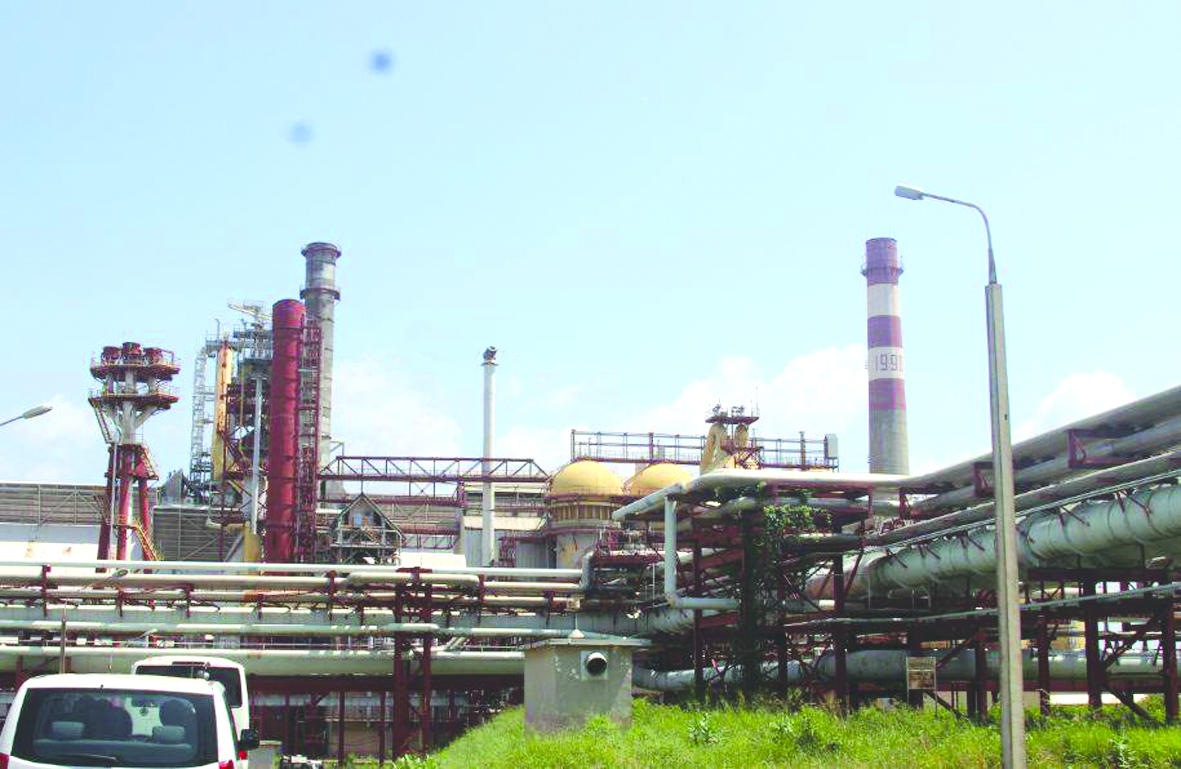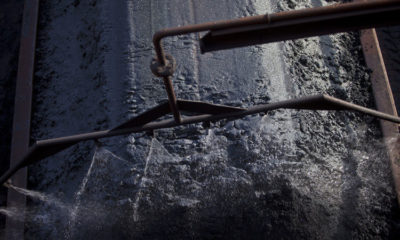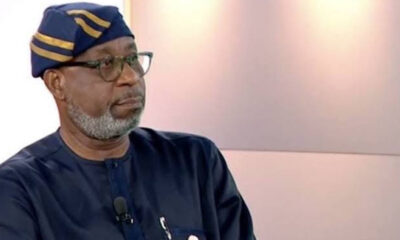- Reps Want Ajaokuta Privatisation Reversed
The House of Representatives has asked the Federal Government to cancel the privatisation of the Ajaokuta Steel Company Limited and revive it with the loot recovered from a former military dictator, the late Gen. Sani Abacha.
Also, the lower chamber of the National Assembly asked the Economic and Financial Crimes Commission to investigate and prosecute owners of the privatised company, asking the Federal Government to bar them from further conducting businesses in Nigeria.
These were part of the recommendations in the report by the House’s Ad Hoc Committee on Ajaokuta Steel Company Limited on the failure of the Ajaokuta Steel Company to Commence operations since inception.
The lawmakers unanimously adopted the report at the plenary on Thursday.
They asked the Federal Government to “demonstrate a strong political will, just like the United States President did recently in steel sector, to resuscitate the Ajaokuta Integrated Steel plant by direct sourcing and disbursement of about $2bn needed to revamp and complete the 2 per cent external aspects of the integrated project.”
This, the lawmakers said should be done along with the revival of the Ajaokuta Steel Company and the National Iron Ore Manufacturing Company, Itakpe, completing the various external rail track system and access roads linkages, as well as the development and optimal functioning of the various mining sites for steady supply of raw materials.
According to them, this will guarantee an uninterrupted steel production when the blast furnace would be started.
The House resolved that, “The Federal Government should, as a matter of national interest and security, annul and terminate the recent reconcession agreement entered into with Global Infrastructure Nigeria Ltd of 1st August, 2016, as there is still an extant Federal Government indictment against the company.
“The Federal Government should cease from any further thought of concessioning and/or reconcessioning of the Nigerian steel companies, as Nigeria has capable hands under the services of the Federal Republic to manage the integrated plants when properly funded.
“The Federal Government should revive relations with the original builders of the Company (TPE of Russia) towards wooing them back to continue and complete the good work they started alongside the current management team of indigenous sole administrators who have shown expertise and practical knowledge in the integrated steel plants management and production.”
The lawmakers further resolved that, “Since it is known that most of the Abacha loot was got from the debt by back deal involving Ajaokuta, then the recovered loot, which are still flowing into Nigeria, should be used to supplement the funding of the completion of the Ajaokuta integrated steel plant.
“The Economic and Financial Crimes Commission should heed the presidential directive of late President (Umaru) Yar’adua in 2008, to prosecute all the collaborators of Global Infrastructures Nigeria Ltd as economic saboteurs.
“Both the company, Global Infrastructures Nigeria Ltd, and all indicted local collaborators should be made to pay damages to the host communities that suffered loss of lives when the company used brutal force against the workers (most of whom were community youths) who tried to stop the company from stripping and vandalising the assets of the concessioned plants.

 Forex2 weeks ago
Forex2 weeks ago


 Naira1 week ago
Naira1 week ago
 Naira4 weeks ago
Naira4 weeks ago
 Company News4 weeks ago
Company News4 weeks ago




 Naira1 week ago
Naira1 week ago
 Billionaire Watch1 week ago
Billionaire Watch1 week ago




 Naira3 weeks ago
Naira3 weeks ago




 Naira1 week ago
Naira1 week ago


















